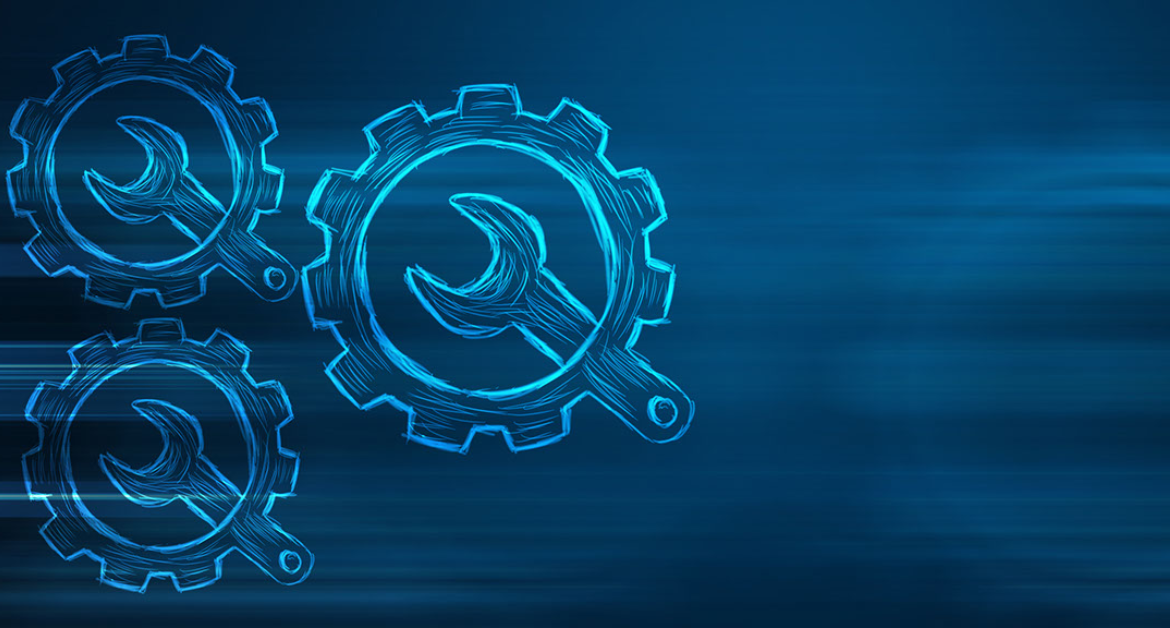Hospitals and medical institutions require a high level of reliability in their medical equipment. Medical vacuum pumps are no exception. They are designed to form a suction system for removing unwanted gases and fluids from laboratory and medical areas. They require keen attention to detail and good maintenance practices.
Here are some examples of maintenance practices for different medical vacuum pumps to increase efficiency and reliability in their operation.
Claw medical vacuum pump systems
These systems use a frictionless, dry, multi-claw technology. The claws are synchronized through precision gears and rotate in opposite directions, hence building a highly efficient vacuum system. At no point do the claws come into contact with each other, hence eliminating friction that would otherwise necessitate the need for a sealing fluid or lubricant inside the pumping chamber.
The best practices for this pump include:
- Vane replacement – This ensures rotary vanes don’t wear out frequently. Replace them as per the manufacturer’s recommendations
- Exhaust separator filters – Filters should be replaced annually to ensure they continue to perform correctly
- Replace gear lubes
- Inlet filters – The inlet filter should be changed at least once annually
Rotary vane medical vacuum pump
The vanes of this type of medical vacuum pump are attached to a rotor revolving inside a cavity. At times, the vanes are secured tight to ensure they maintain contact with the pump’s walls as they rotate. The machine has a compact design, aimed at achieving low-maintenance and high performance qualities. The recommended regular maintenance duties include:
- Vane replacement – This is one product where worn-out vanes will make your work difficult. Check the vane regularly and when necessary, replace it to keep your pump performing optimally.
- Change oil – a rotary vane medical vacuum pump requires regular replacement of oil every 6 months. However, it’s good to regularly check the oil to make sure it doesn’t need to be changed earlier.
- Vacuum production units – These need to be frequently replaced to enhance fuel consumption and efficiency.
Proper preventative maintenance will help keep your equipment running efficiently and properly. Need help performing maintenance tasks? Our team can help. Contact us today for help with any of your vacuum pump needs.

